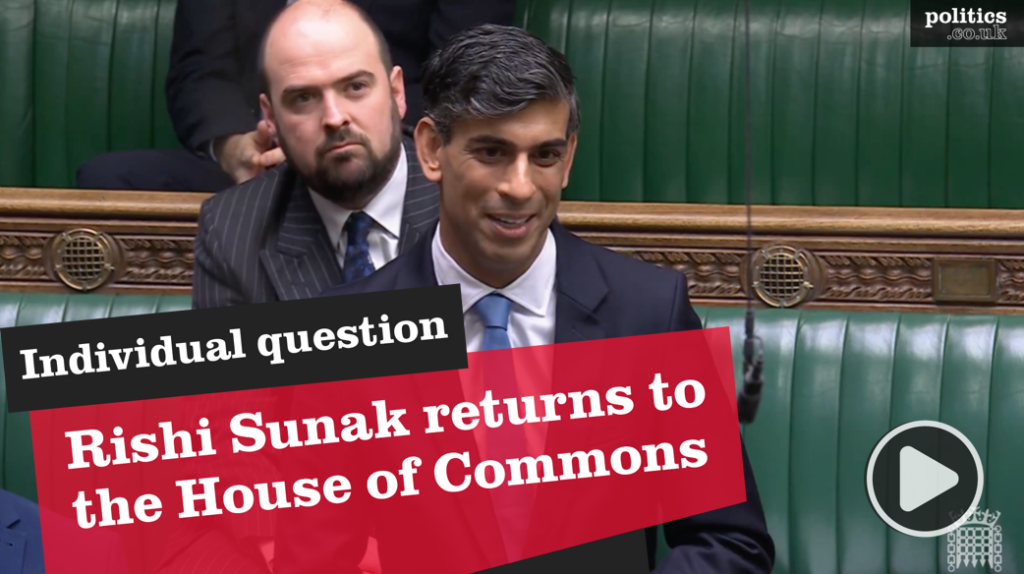UK purchases of Russian-origin jet fuel worth at least £40m to the Kremlin
Analysis by Global Witness reveals that the UK has failed to rid its energy mix of Russian oil. In the first six months of 2023, an estimated 1 in 20 UK flights ran on Russian oil, and the UK’s purchases of 6.2 million barrels of tainted fuel contributed at least £40 million in tax to the Kremlin
New Global Witness analysis today reveals that Russian oil remains embedded in the UK’s energy mix thanks to a little-known loophole in the sanctions, through which the UK has consumed millions of barrels of Russian-origin jet fuel in 2023.
Following supply chains from Russia to India and back to Britain, Global Witness estimates UK purchases contributed at least £40 million to the Kremlin in tax revenues in the first six months of this year. That would purchase at least 2,500 of the Iranian-made drones which Russia has used to terrorise Ukrainian cities in recent months.
The UK government banned the import of Russian oil last year to cut off revenues to the Kremlin. But it remains legal to import fuels made using Russian crude, so long as they have been refined elsewhere. Refineries in countries including India and Turkey have increased their purchases of Russian crude oil while expanding their exports of fuel to Western markets.
In the first six months of 2023, Kpler data analysed by Global Witness reveals that the UK imported 6.2 million barrels of oil products from three Indian refineries, which themselves run on significant quantities of Russian crude oil. Between them, they guzzled 146.8 million barrels in the first six months of 2023.
Based on a 10-year pre-COVID average estimate, the UK consumed 45.6 million barrels of jet fuel in the same period. That means that 1 in 8 barrels of the UK’s jet fuel came from laundromat refineries.
Those Indian refineries don’t exclusively use Russian oil to make their products, so not every molecule they export is Russian. But using shipping data which reveals the composition of their feedstocks, Global Witness estimates that 2.26 million barrels of the jet fuel imported into the UK was made with Russian crude oil. That accounts for 1/20th of the UK’s jet fuel consumption this year.
Travellers are likely unaware that as many as 1 in 20 UK flights is running on Russian oil. Regardless, the UK’s demand is helping to prop up the Kremlin’s exports, and accordingly its revenues. Using a methodology which combines the UK’s demand for these fuels and Russian taxation figures allows us to calculate exactly how much for the first time.
The UK’s purchases of refined products from India, which includes jet fuel and some other products, required 2.33 million barrels of Russian crude oil from January to June. Using the tax rates and incomes published by the Russian Ministry of Finance, we estimated that selling this crude to India generated anything between £40m and £61 million in revenue for the Kremlin.
In Russia, the production and export of crude oil is taxed through the Mineral Extraction Tax and Export Duty, however the revenue collected by the Kremlin for each barrel is difficult to estimate due to a complex system of tax exemptions and subsidies.
The lower part of the range assumes that every single one of those 2.33 million barrels exported to India was entitled to the maximum possible tax exemptions. It means that the Kremlin received at least £40 million in direct revenues from the sale of this oil – but the true figure is likely higher.
The war in Ukraine is costing Russia tens of billions of dollars, and revenues from oil sales have propped up the Kremlin’s war effort. To put £40 million into context on the battlefield, it has been reported that the Iranian-made drones that Russia has increasingly used in place of missiles cost around £15,000. The UK’s contribution to the Kremlin’s revenues this year could purchase at least 2,500 of those drones, which have reportedly killed civilians.
Firms involved in this trade, including BP and Shell, pledged to stop trading Russian oil and oil products last year, and yet have continued to trade Russian-origin refined products. Shell point to the fact that their import of hundreds of thousands of barrels of oil products into the UK from these laundromat refineries is within the rules.
But Ukrainian officials and campaigners have called on Western countries to close the refining loophole, to further reduce demand for Russian oil and reduce the Kremlin’s tax take. To live up to the promise of its support for Ukraine, the UK government should act quickly to ban the import of oil products from refineries that have imported Russian oil in the previous six months.











